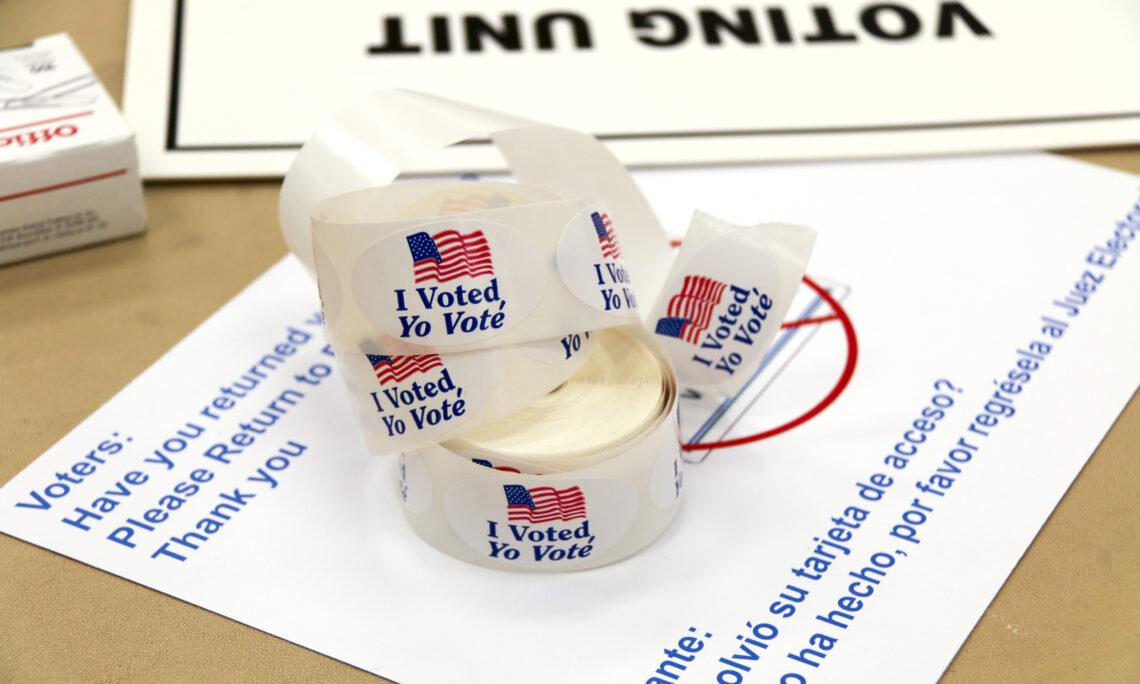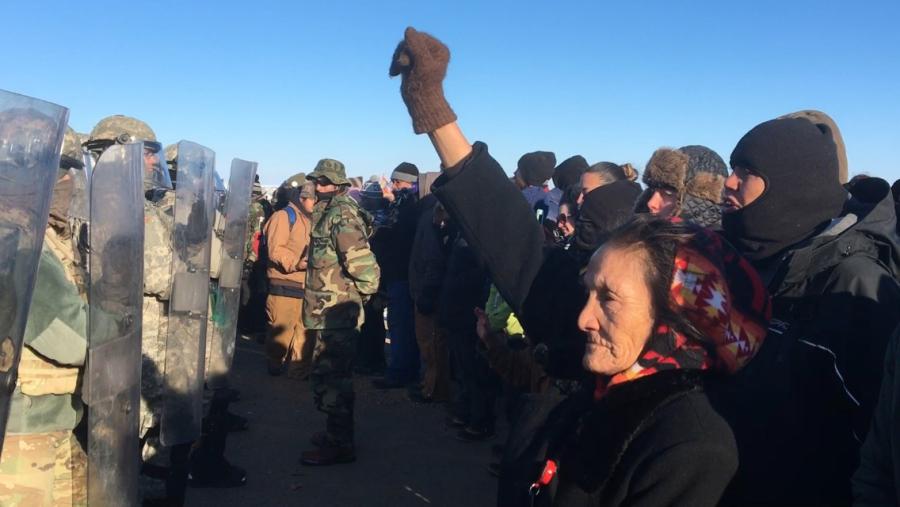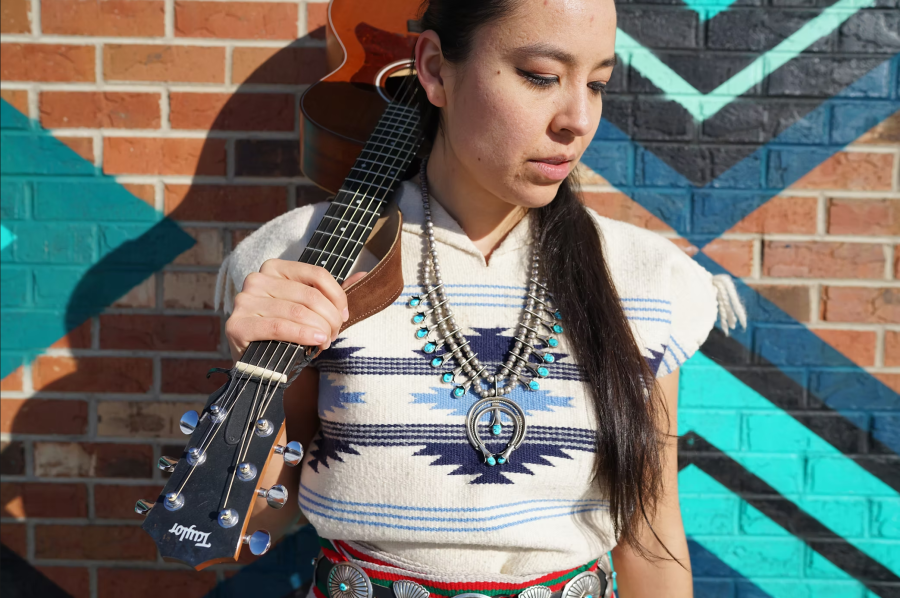
By Erica Belfi
Following the 2020 Election Day in the United States, a record number of Native American candidates have won seats in the House of Representatives and Senate. Of the fourteen candidates running at the national level, six Native Americans were elected. While two of the candidates were newly elected, four are returning members to Congress. In addition, a number of states, including swing states Arizona and Wisconsin, saw record Native voter turnout.
In Arizona alone, there are over 420,000 Native American people as of 2018, with approximately 67,000 of them eligible to vote. Counties including Navajo Nation and Hopi Tribe territories saw an increase in ballots cast in the presidential election from 42,500 ballots in 2016 to 60,000 in 2020. With the margin between the two presidential candidates around 10,500 votes in Arizona, Native voters’ presence was certainly felt. Accordingly, a total of 11 Native American candidates were elected to state office in Arizona and Native voters are being credited in part for President-elect Biden’s win.
Native voters also had an effect in Wisconsin, another state that flipped blue and includes a total of around 90,000 Indigenous people. Programs such as Democracy Is Indigenous, Every Native Vote Counts, National Congress of American Indians, and many others worked to reach out to Native voters despite ongoing voter suppression tactics. Carol Davis (Navajo), the executive director of the environmental organization Diné CARE, remarked on the turnout: “People need to start paying attention to not only Navajo votes but across the board nationally, Native votes,” she explained. “Even though we’re less than 2% of the population, we can come out in full force.”
Photo: GPA / PHOTO ARCHIVE / FLICKR CREATIVE COMMONS.
In the wake of increased voter turnout, the first two Native American women ever elected to Congress, U.S. Reps. Deb Haaland (Laguna and Jemez Pueblo) and Sharice Davids (Ho-Chunk) were both reelected to Congress. Deb Haaland, a Democrat, secured her second term in the 1st Congressional District of New Mexico. Representative Haaland leads several committees, including subcommittees on natural resources and national parks, and serves as the Co-chair for the Native American caucus.
Representative Haaland applauded the effort to boost Native American representation on every level of the United States government. “I was pleased to know that we had so many Native American candidates running across the country, not just for Congress or the Senate, but in House and Senate districts across the country, and local, that’s what we need. We need representation in elected office,” remarked Haaland. “We need to be where folks are making decisions. We need to be a voice at the table, regardless of what table it is but making decisions for our people, for our constituents, for our country. It's absolutely important.”
Democratic Representative Sharice Davids will be serving her second term in Kansas after winning her position in 2018, defeating the four term Republican incumbent, Kevin Yoder. Rep. Davids is the vice-chair of the Native American caucus, co-chair of the LGBT Equality caucus, and serves on committees for infrastructure and small businesses.
Representatives Tom Cole (Chickasaw) and Markwayne Mullin (Cherokee), the two longest serving Native American members of Congress, were also reelected. Rep. Cole, a Republican of Oklahoma, was first elected in 2002 in the 4th Congressional District. He serves on the House Rules Committee and co-chairs the congressional Native American caucus. Also a Republican of Oklahoma, Rep. Mullin won his fifth term in the 2nd Congressional District. Both Reps. Cole and Mullin were endorsed by President Trump.
Two new Native American candidates joined the House of Representatives. Rep. Kaiali’i “Kai” Kahele (Hawaiian), a Democrat, is the second ever Native Hawaiian to be elected to Congress. He was endorsed by President-elect Joe Biden and is succeeding Tulsi Gabbard, who decided not to run for reelection. Conservative Republican Rep. Yvette Herrell (Cherokee) will join Rep. Kahele as some of the newest members of Congress. Herrell represents New Mexico’s 2nd Congressional District and was endorsed by President Trump.
Numerous Native American candidates also won elections at the state and local levels. Stephanie Byers (Chickasaw) will be the first transgender woman in the Kansas Legislature. “We’ve made history here,” Byers remarked. “We’ve done something in Kansas most people thought would never happen, and we did it with really no pushback, by just focusing on the issues.”
Ponka-We Victors (Tohono O’odham and Ponca) was the first Native American woman elected to the Kansas Legislature ten years ago and will be serving her sixth term in the state House. In addition to legislative offices, Native American candidates won local positions on county and city levels, including judicial posts. Many tribal nations also held their own elections around the same time as the November 3rd general election.
Katrina Phillips (Red Cliff Band of Lake Superior Ojibwe), writer for The Washington Post and assistant professor at Macalester College, points to the power of the Native American vote despite long-standing paternalistic policies, political erasure, and barriers set to disenfranchise Native voters. Though not a monolith, Native voters are demonstrating their commitment to be heard and properly represented. Phillips wrote that “In an election where Navajo activist Allie Young called on her fellow Navajo voters to ride their horses to the polls — and when Natives across the country still face countless obstacles when it comes to casting their vote — Native voters are transforming American politics.”



